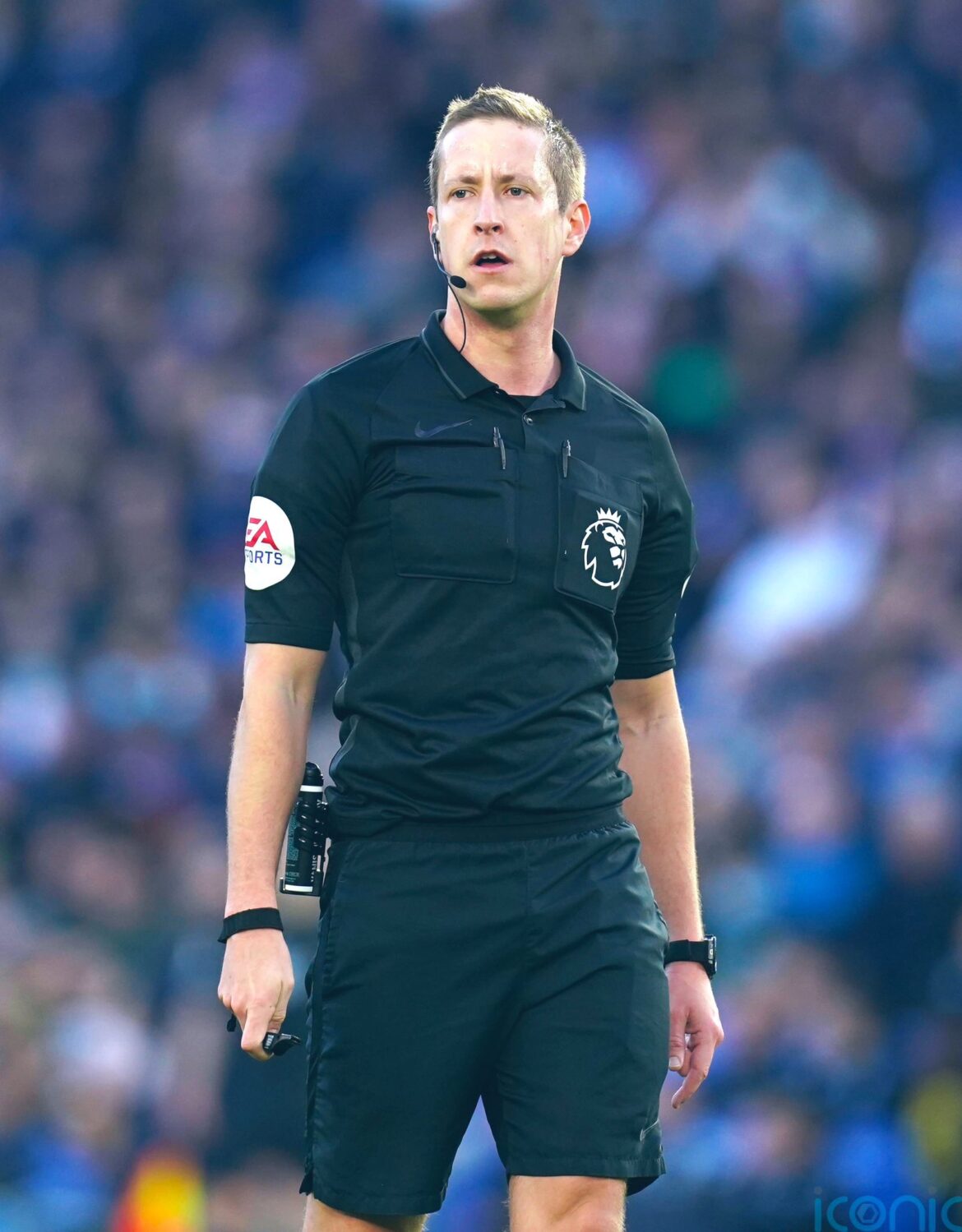Brooks, who officiated the highly anticipated game, has revealed that his controversial penalty decision in favor of Liverpool was not entirely his own. Instead, he stated that he was under pressure from higher authorities within the football league to ensure a favorable outcome for Liverpool, sparking an intense debate over the integrity of the sport.
“I had no choice but to make that decision; the penalty wasn’t really my choice, but they made me do it,” Brooks declared in a post-match interview, referring to a critical moment in the game where a penalty was awarded to Liverpool, much to the dismay of Chelsea players and fans alike. The decision ultimately tipped the scales in Liverpool’s favor, leading to a crucial goal that shifted the momentum of the match. “I couldn’t do anything about it because I’m only an official and not the owner of the league. They wanted Liverpool to win Chelsea by any means possible.”
These statements have caused a significant uproar in the football community, as fans, players, and pundits alike are grappling with the implications of Brooks’ words. If true, these accusations suggest a deeper manipulation within the league, casting doubt on the fairness of the competition. Such claims raise questions about whether other matches have been similarly influenced and whether the league’s reputation is now at risk of serious damage.
Liverpool and Chelsea, two of the most successful clubs in English football, have long been rivals on the field, and their encounters are often highly charged. The recent match was no exception, with both sides fighting hard for crucial points in the Premier League standings. Chelsea, in particular, felt hard done by the penalty decision, which they believed was unjustified. Now, with Brooks’ revelations, the team’s frustrations seem even more validated.
The Premier League has yet to issue an official response to Brooks’ claims, but football experts are already speculating on the potential fallout. If investigations prove that such external influences were exerted on officials, it could lead to sweeping changes in the way matches are officiated and potentially even legal action. Meanwhile, fans are calling for transparency and accountability, urging the league to take these allegations seriously and to ensure that such incidents do not recur.
Chelsea manager Mauricio Pochettino expressed his disappointment after the match but stopped short of directly accusing the referee of bias. “It’s frustrating to lose a match in this way, especially when decisions like that can change the course of the game,” Pochettino said in his post-match interview. Now, in light of Brooks’ comments, it is expected that both Chelsea and their supporters will seek further clarification from the Premier League regarding what transpired behind the scenes.
On the other hand, Liverpool has remained relatively silent on the matter. Jurgen Klopp, Liverpool’s manager, praised his team’s performance but avoided discussing the penalty decision in detail, choosing instead to focus on the overall play of his squad. However, if the allegations gain traction, Liverpool may find itself caught in a scandal through no direct fault of its own.
The referee’s admission has opened the floodgates to further speculation about how much influence governing bodies, sponsors, or other external parties may have on the outcomes of matches. The very essence of sport relies on fairness and the belief that every team competes on an even playing field. When that balance is disrupted, as Brooks suggests, it threatens the integrity of the entire league.
As the football world waits for further developments, it’s clear that this is not a matter that will quickly disappear. Calls for a thorough investigation are growing louder, and the Premier League will need to respond with decisive action to restore confidence in its officiating processes. For now, John Brooks’ explosive claims have cast a shadow over one of the most iconic rivalries in football, with repercussions that may be felt for years to come.
